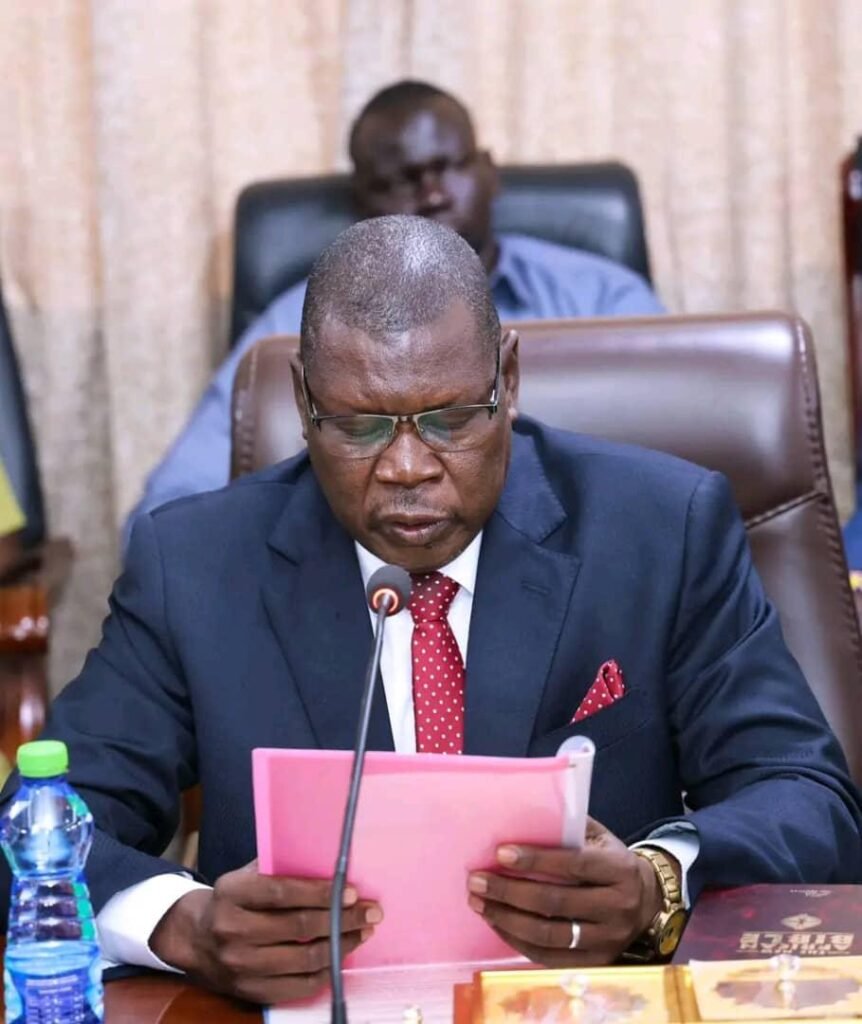Western Equatoria State (WES) Governor Maulona James Al-Teib Jazz Berapai has called on the State’s youth and women to embrace farming as a solution to unemployment, food insecurity, and instability, declaring that the region’s fertile soils are its greatest untapped wealth.
“Western Equatoria is the most fertile land in South Sudan. With such land, our young people cannot remain idle. Cultivation itself is money,” Berapai told the media.
The Governor stressed that agriculture must be the backbone of WES, especially at a time when formal jobs remain scarce.
He announced that the State government is already working with private companies to secure tractors and modern farm tools to support large-scale cultivation.
Feed Western Equatoria by ensuring households can grow enough for themselves, and export surplus crops to Juba and other states, positioning WES as a national food supplier.
Western Equatoria is widely known as South Sudan’s “green belt,” producing cassava, maize, groundnuts, fruits, and vegetables.
Yet, its agricultural potential is slowed by, poor roads,which limit access to markets, manual farming methods, with little mechanization and past insecurity, which has displaced farmers from their lands.
Despite these challenges, Berapai insists the state is ready to transform agriculture into a driver of peace and prosperity.
Local kingdoms and traditional leaders continue to play an important role in encouraging farming, their guidance helps ensure young people stay engaged in cultivation instead of falling into idleness or conflict.
This community support strengthens government efforts to revive agriculture as a way of life.
A growing trend this year has been the shift of many young people toward coffee farming.
Seen as a “green gold,” coffee offers both economic opportunities and climate benefits.
It also supports the fight against climate change by restoring soil, providing tree cover, and reducing deforestation.
For many young farmers, coffee is more than just a cash crop it is a chance to secure their livelihoods while protecting the environment.
As Berapai summed up his vision, he appealed directly to the youth.
“Our young people must use their energy on cultivation instead of idleness that leads to problems. Agriculture is not just survival it is our future, our dignity, and our wealth.”
